Aseem Chhabra in Berlin
One morning US-returned Satche (played by American slam poet, hip hop musician and actor Saul Williams) wakes up at his parents house in Senegal to learn that he will live for only one more day.
At the end of the day, when he shuts his eyes, he will die. Thus begins this man's journey, revisiting his life -- meeting old buddies, his ex-girlfriend, an uncle who in a haunting scene shows how he will wash Satche's body before his burial.
Director Alain Gomis has made a moving, spiritual film where a man takes a measure of the life he has lived.
Barbara (Germany)
Image: A scene from BarbaraBut unlike that film, Barbara is a lot quieter, which gives it a very compelling edge-of-the-seat quality.
Caesar Must Die (Italy)
Image: A scene from Caesar Must DieIn Caesar Must Die, the directors spent six months filming criminals (killers, those serving terms for drug related crimes and even former Mafia members) as they rehearse Shakespeare's Julius Caesar.
Shot mostly in black and white, the film is a powerful depiction of one of the best known plays of all times. In the prison setting, the film becomes a gripping drama with surprising performances from non-actors.
Elles (France/ Poland)
Image: A scene from EllesWhile she interviews the young women and listens to the tapes, Binoche's character Anne also spends time preparing an elaborate dinner for her husband's colleagues, cleaning her brightly lit apartment, and worrying about her two sons.
Elles is a disturbing film that juxtaposes intense sex scenes with mundane daily rituals in Anne's life. Binoche shines in the film playing a complex character who somehow manages to bring a balance in her life.
Home for the Weekend (Germany)
Image: Home for the Weekend (Germany)But the subject here is of two adult sons, coping with their personal failures, while their wealthy father is cheating on their sick mother. Meanwhile the mother has decided to discontinue her medications, which leads to the brothers reliving childhood traumas.
There is a lot of sadness in Home for the Weekend, even though it has an enticing look and is very well acted.
Kuma (Austria/ Turkey)
Image: A scene from Kuma (Austria/ Turkey)Although Germany has a large Turkish immigrant population, Kuma is set in the neighboring Austria.
The matriarch of an immigrant family is sick with cancer and she decides to get her husband a second wife. But officially the family pretends that it is their oldest son who is marrying the young bride.
Kuma is a very strong film, reflecting a shameful tradition that immigrants bring with them to their new homes in the West.
Deftly directed by a first-time filmmaker Umut Dag, the film boasts of wonderful performances by its ensemble cast.
My Brother the Devil (UK)
Image: A scene from My Brother the DevilThe boys cruise through days and nights of street violence, gangs and weapons while their clueless, but hard working parents are focused on building a life in the foreign land.
Time, circumstances and lifestyle changes test the bond between the brothers.
Shadow Dancer (UK)
Image: A scene from Shadow DancerBritish filmmaker James Marsh won an Oscar for his riveting 2008 documentary Man on Wire.
This time Marsh has directed a narrative feature Shadow Dancer, a critical hit at the Sundance Film Festival, before its European premiere at the Berlinale.
Clive Owen plays a British secret agent who convinces a young single Irish mother from Northern Island to spy on her family, deeply engaged in IRA activities.
Working in the same space as the Oscar nominated Australian indie Aminal Kingdom (2010), Shadow Dancer is a psychological thriller, where the greatest threat the characters face is from their own family.
Sister (French)
Image: A scene from SisterLike the works of the Belgian filmmakers and brothers Luc and Jean-Pierre Dardenne, the French film Sister explores a deeply sad story about 12-year old Simon, a charming street-smart teenager who lives in a working class apartment building on the base of a luxurious ski resort.
He buys a season pass, and then steals skis, gloves and sunglasses, selling them at a discounted price to his neighbors -- mostly young kids.
Winner of a Special Award Silver Bear at the Berlinale, Sister is often tough to watch, but 14-year old actor Kacey Mottet Klein brings a lot of warmth to his role as Simon.
The film's energy rests on the chemistry between Simon and his sister, played by the seductive young French star Lea Seydoux (one of the villains in Mission: Impossible -- Ghost Protocol).
War Witch (Canada)
Image: A scene from War WitchFrench-Canadian film War Witch explores the horrors of the civil war in Sub-Saharan Africa through the eyes of child soldiers, especially Komona, a 12-year old who is forced to join the rebel army after her village is attacked and all the adults are killed.
Beautifully made, with stunning cinematography, music and some harrowing scenes of war, War Witch is an important film about a region that most of us tend to forget.
The film's core strength is the survival instinct of Komona, played with a lot of charm and confidence by Rachel Mwanza, who won the Silver Bear for Best Actress.

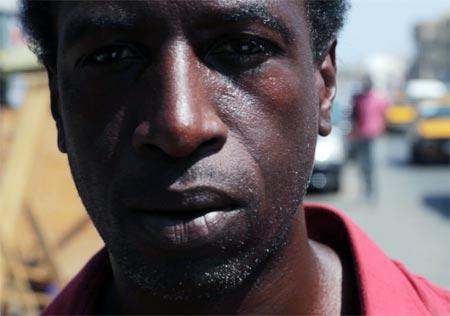
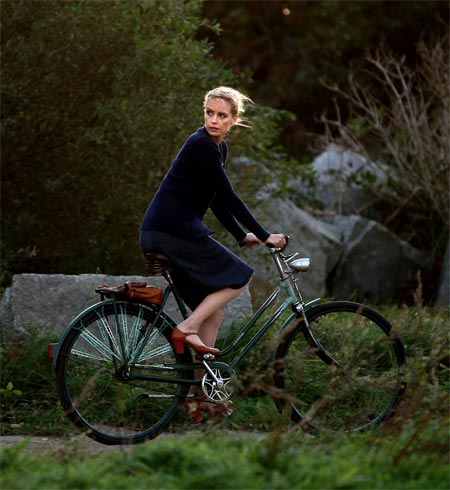
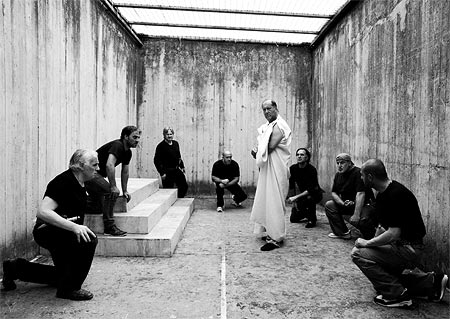
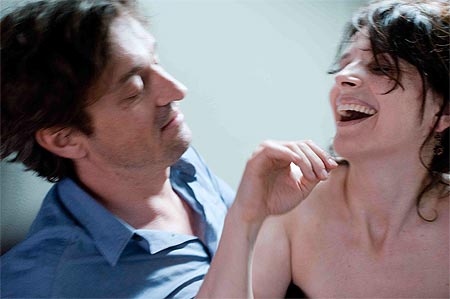
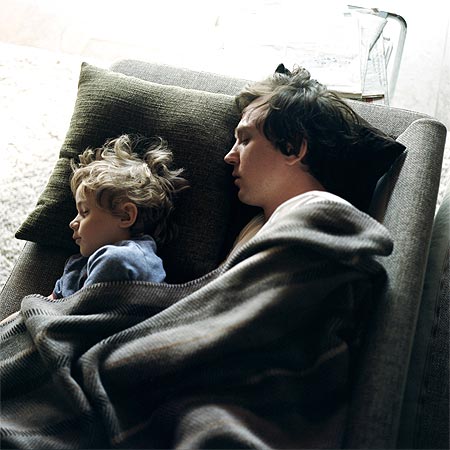
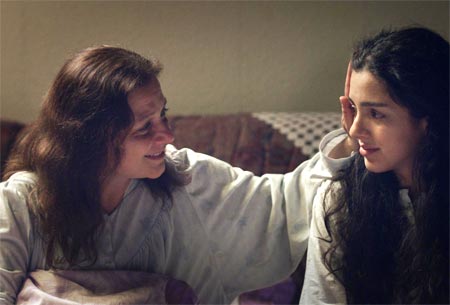

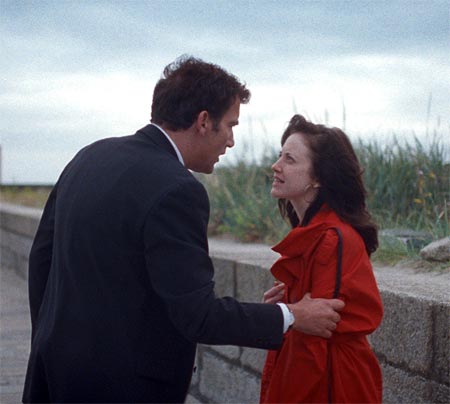
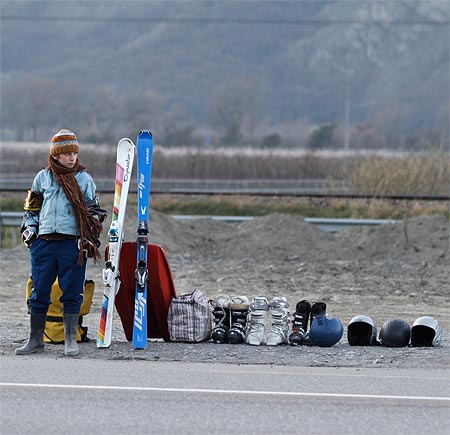
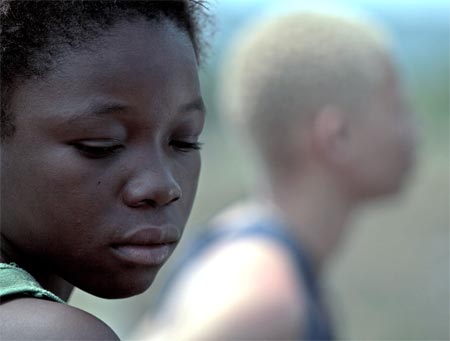
Comment
article